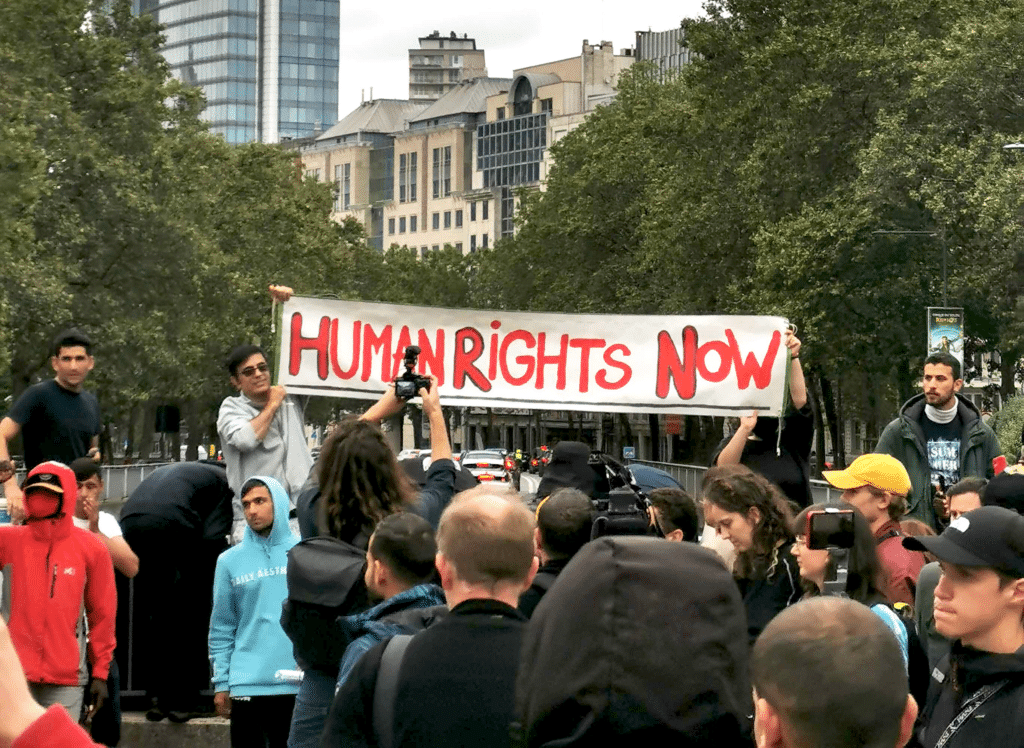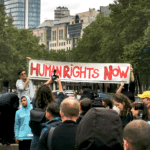
As it is turning away from its foundational values of solidarity and non-discrimination, rooted in international and regional frameworks on human rights, the European Union has entered a crisis of democratic and moral legitimacy.
An obvious symptom of this crisis is the development of an overly securitised and criminalising approach in its public policies concerning people in vulnerable situations (people on the move, racialised populations, homeless and people in poverty, etc.). This approach results in discriminatory practices which are not only contradictory with the values of the EU and its member states, but are also ineffective and counter-productive in addressing what are, in essence, social issues.
As a civil society organisation working at the international level, we believe there is an urgent need to shift the narrative in the European political space away from its current security obsession, and towards a decriminalised and non-discriminatory approach, centred on human rights and social justice.
European institutions and member states should stop considering poverty and migration as threats to national security or public order. Instead, they should consider them as social issues that can be resolved through public policies that address the root causes of people’s vulnerabilities.
Civil society should unite in tackling these discriminatory and criminalising policies and in developing and promoting a counter-narrative through research, awareness-raising and advocacy.
The present policy brief reflects the outcomes of a panel discussion held during the European Citizens’ Summit, which took place in Brussels in March 2024, in which ASF, European Alternatives, FEANTSA and Prison Insider took part.



